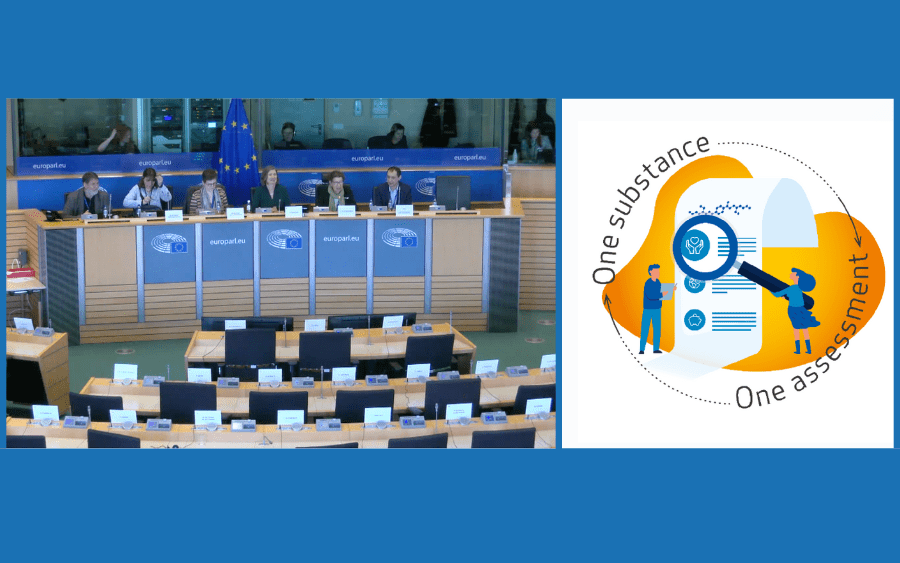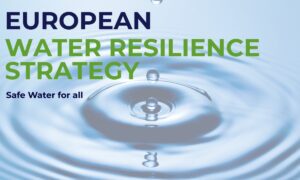The meeting, chaired by MEP Anja Hazekamp, began with a presentation on the Commission’s proposals to improve inter-agency collaboration, delivered by Aurel Ciobanu-Dordea, from the Directorate-General for Environment. The presentation outlined the redistribution of some tasks between the European Chemicals Agency (ECHA) the European Food Safety Agency (EFSA), the European Medicines Agency (EMA) and the European Environment Agency (EEA), concerning amendments to the regulation on Presistent Organic Pollutants (POPs), the directive on Restriction of Hazardous Substances in Electrical and Electronic Equipment (RoHS) and risk assessment in accordance with the recently updated Classification, Labelling and Packaging Regulation (CLP). In addition, Director Ciobanu-Dordea also highlighted that while the political decisions are tackled by the Commission, scientific disputes originating from diverging scientific opinions should be solved by the agencies themselves. The key point of the proposal was outlining an openly accessible common data platform, to be set up and managed by ECHA, expecting obligatory contributions from all other agencies. To support this, he highlighted the importance of controlled vocabularies and standard formats to maximise interoperability.
Such a platform would be a concrete step towards the realisation of the long-running “One substance, one assessment” strategy. The goal of this strategy is to shorten and streamline substance assessment by enabling data sharing between agencies – thus preventing the need for each agency to put resources into assessing substances that were addressed before.
While many MEPs welcomed the development, such as Maria Spyraki, who was named rapporteur for re-attribution of agency tasks, and improving cooperation between EU agencies related to chemicals, some were more critical. Martin Hojsik, while appreciating the effort, highlighted that it took an excessive amount of time, and also questioned whether ECHA possesses enough resources for the additional tasks, and Jutta Paulus also mentioned how the process of assessment tends to take too long. In addition, many commented on the lack of progress on Registration, Evaluation, Authorisation and Restriction of Chemicals regulation (REACH) revision. Last, but not least, MEP-s voiced contrasting opinions on the accessibility and confidentiality of data on the proposed common data platform. While some argued that an open platform may endanger competition and innovation despite confidentiality measures, others said that he very same confidentiality measures are too lenient, and may allow industry to obscure data that should be public.



